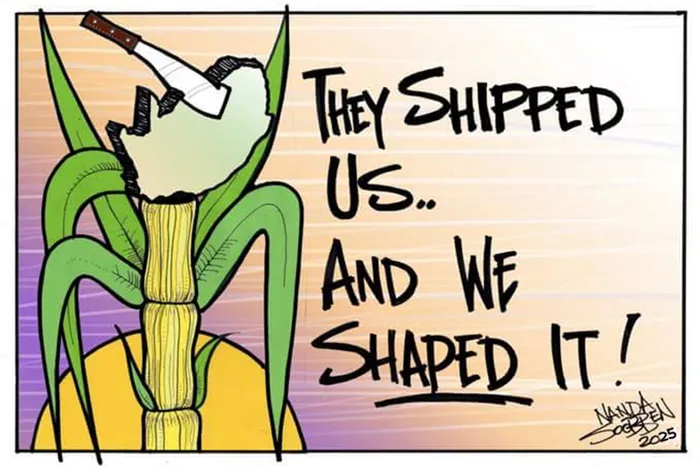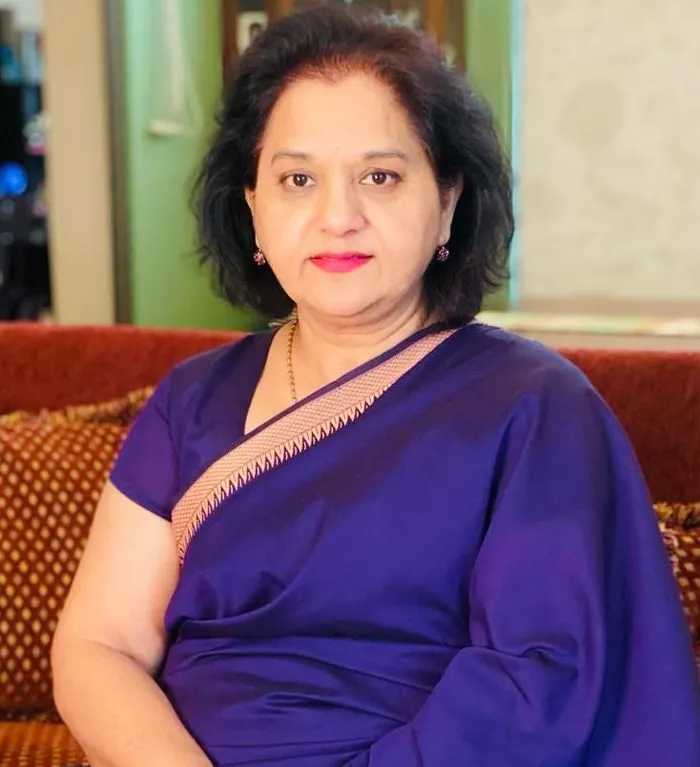
1860 Indenture
Image: NANDA SOOBBEN
OUR forefathers laid the foundation on which every opportunity we enjoy today stands. When the first indentured Indians arrived in 1860, they faced harsh working conditions, poverty and social exclusion, yet they carried with them a powerful spirit of resilience.
Their sacrifices were physical, emotional and cultural. They preserved language, faith, family values and community discipline despite being removed from their homes and villages in selected Indian states. Through hard work in agriculture, trading and later in emerging industries, they created micro-economies that uplifted entire communities.
Beyond labour, they laid down a moral blueprint of dignity, unity and social justice through early political protests. Their commitment to self-funded education ensured that later generations were not trapped in the same cycles of hardship.
Their involvement in early activism, religious institutions, sports bodies, civic and education structures built the social capital that allowed descendants to enter professional fields. Their perseverance gave rise to generations who have taken their rightful place in South Africa’s political, economic and civic life.
Today, Indian South Africans in leadership positions are a direct extension of their courage. Our forefathers gave us the tools, identity and confidence to strive beyond survival and claim meaningful spaces in our democratic society.
South African Indians have travelled an extraordinary journey over 165 years from indentured labourers with no rights to influential leaders in government, business, academia and civil society.
This transformation is one of the most remarkable social evolutions in our country’s history. The first generation worked the sugar cane fields, coal mines, railways, roads and boat building, and sea-netting jobs under brutal conditions, yet they sowed the seeds of economic mobility through discipline, community organisation and an unwavering belief in education.
By the mid-20th century, their children became teachers, nurses, artisans and small business owners, slowly reshaping the economic landscape despite apartheid restrictions.
Today, South African Indians are visible in every sector: Parliament, provincial legislatures, the judiciary, corporate boardrooms, global companies, universities and creative industries. Many Indian leaders have broken political barriers, proving that descendants of labourers can shape national policy.
Despite modern challenges such as economic inequality and political fragmentation, the community has shown resilience by continually adapting to change. The movement from menial jobs to leadership positions is not accidental, it is the product of generational sacrifice, cultural strength and a determination to progress.
This journey stands as a testament to what disciplined communities can achieve in a democratic South Africa.
South African Indians have achieved significant success, particularly in education, business ownership, public service and professional fields. Their emphasis on family stability, schooling and entrepreneurship has produced a strong middle class and a community that contributes meaningfully to South Africa’s economy and democracy.
Politically, Indian leaders have played important roles in municipal governance, provincial legislatures and national debates, ensuring that minority voices remain part of the country’s democratic landscape.
Cultural success is equally noteworthy: religious and linguistic traditions remain vibrant, giving the community a strong sense of identity. However, success has been uneven. Many working-class families continue to face unemployment, crime, limited access to opportunities and exclusion from economic transformation policies such as BEE.
To advance further, opportunities must include more inclusive empowerment models, removal of quotas, skills development for youth, access to capital for small businesses, and greater political unity to ensure consistent representation. There is also a need for the government and the private sector to recognise the historical contributions of South African Indians and address gaps in development support.
The next chapter of success will depend on creating spaces where minorities participate fully as co-architects of South Africa’s future.
My message to the youth is simple: know your story, honour your roots and use your history as a source of power. Real power comes from active political participation therefore every Indian youth must register to vote in the upcoming 2026 Local Government Elections because the journey of indentured Indians is not just a chapter in the past; it is a reminder of what resilience, dignity and unity can achieve.
When young people understand the struggles and sacrifices of their forefathers, they gain perspective on the privileges they enjoy today and the responsibility that comes with that like voting for the correct voices in elections.
History is not meant to trap us in nostalgia; it is meant to guide us in shaping the future. So, youth activism will be the bearer of demographic dividends in all institutions and processes. It is our youth that must preserve our history now because it will give them identity in a rapidly changing world.
This strengthens cultural pride, family values and moral grounding, qualities that have always defined Indian communities because these teach us that progress is never accidental, instead progress requires constant focus.
Our forefathers fought for education, economic upliftment and social cohesion therefore the youth must protect and build on these gains. In addition, in our diverse democracy knowing who you are helps you engage confidently with others while contributing meaningfully to nation-building.
y preserving our history through storytelling, community involvement, cultural activities and political participation 165 years and beyond, young people can ensure that our legacy and history through various South African 1860 movements can continue to inspire generations to come.

Shameen Thakur-Rajbansi
Image: File
Shameen Thakur-Rajbansi is the leader of the Minority Front and a former Member of the Provincial Legislature in KwaZulu-Natal.
** The views expressed do not necessarily reflect the views of IOL or Independent Media.
Related Topics: